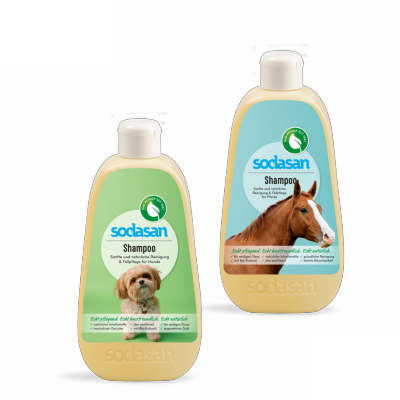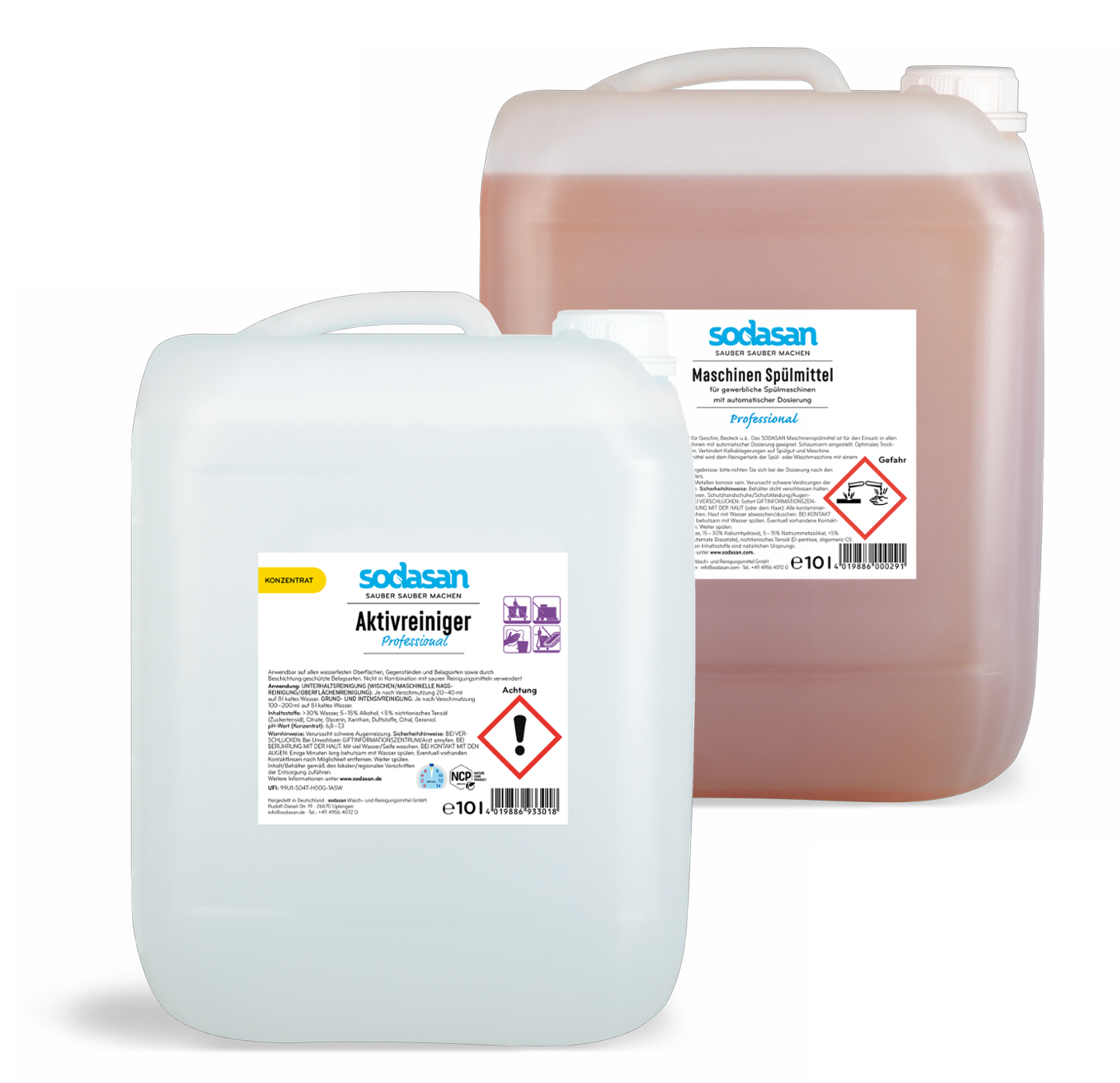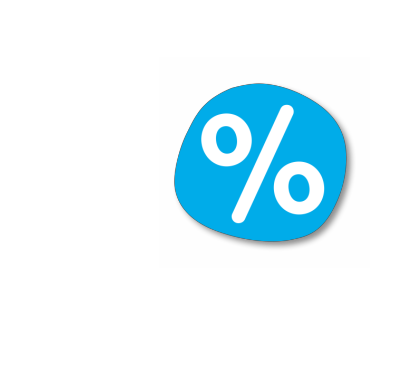No place for enzymes
Enzymes have made doing the laundry more environmentally friendly. Right? Enzymes are merely protein compounds that are found naturally in all plants and animals – even in humans. They are essential to our bodies and act as biological catalysts. In this capacity, they break down fats, starch, proteins and other compounds and thus initiate a wide variety of metabolic processes.
The cleaning product industry has made use of these properties. Most conventional laundry and dishwasher detergents – unfortunately even several supposedly green products – include enzymes as highly specialised dirt-dissolving ingredients. Today, there is an entire army of tailor-made enzymes: Proteases, lipases, cellulases and amylases are used to break down stains from carbohydrates, starch, fat or even lint (in colour detergents).
The catch: these industrial, laboratory-produced enzymes are metabolic products of genetically modified microorganisms.
Do not underestimate the consequences: Once released into waste water, these 'mutants' can multiply exponentially. Enzymes do not distinguish between the oil stain on our jeans and the oils on our skin. Moisture, such as sweat, reactivates them on our dry clothes, which can cause allergies.
The cleaning product industry has made use of these properties. Most conventional laundry and dishwasher detergents – unfortunately even several supposedly green products – include enzymes as highly specialised dirt-dissolving ingredients. Today, there is an entire army of tailor-made enzymes: Proteases, lipases, cellulases and amylases are used to break down stains from carbohydrates, starch, fat or even lint (in colour detergents).
The catch: these industrial, laboratory-produced enzymes are metabolic products of genetically modified microorganisms.
Do not underestimate the consequences: Once released into waste water, these 'mutants' can multiply exponentially. Enzymes do not distinguish between the oil stain on our jeans and the oils on our skin. Moisture, such as sweat, reactivates them on our dry clothes, which can cause allergies.
Our clean response:
We do not use enzymes for two reasons: Firstly, even now, no one knows what consequences these enzyme invaders have on plants, animals and people. Secondly, enzymes for mass production can only be produced using genetically modified organisms. This automatically makes them an absolute no-go since sodasan rejects the use of genetic engineering as a matter of principle.
Instead, we stand firmly with nature, people and responsible companies that want to protect and preserve our environment by embracing everything from diversity of species to solidarity with rural communities.

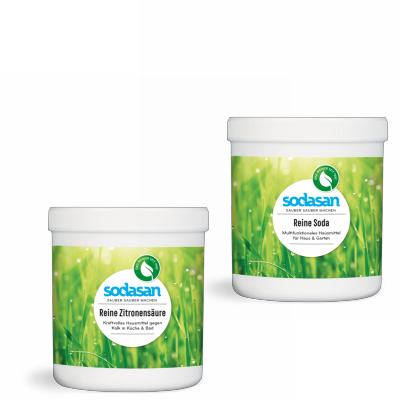
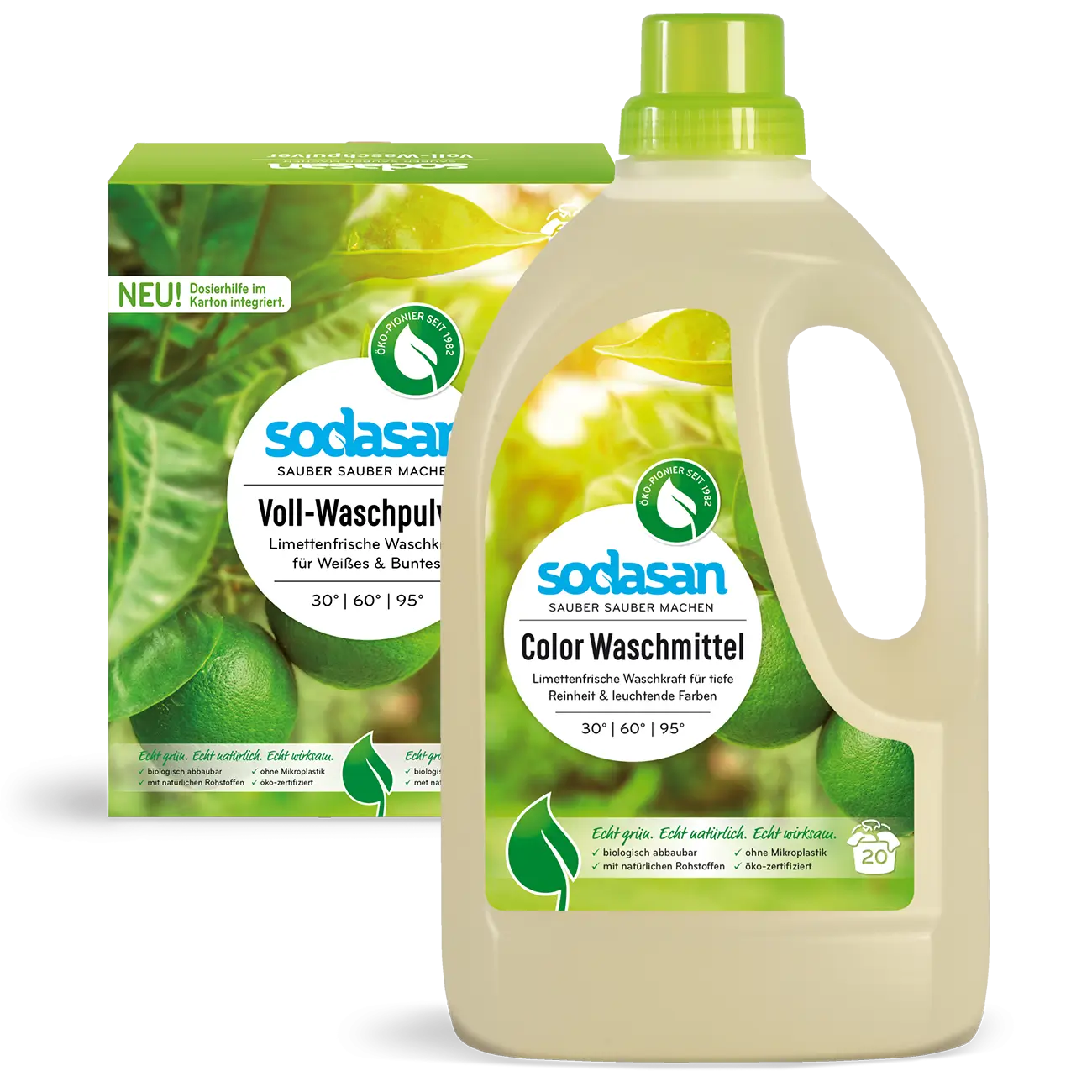
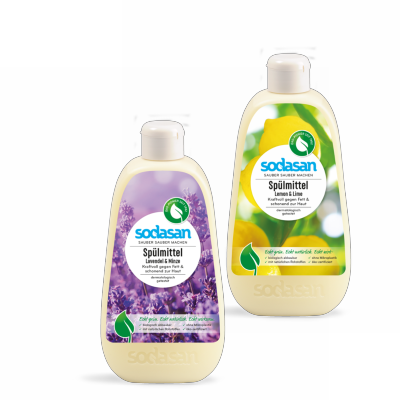
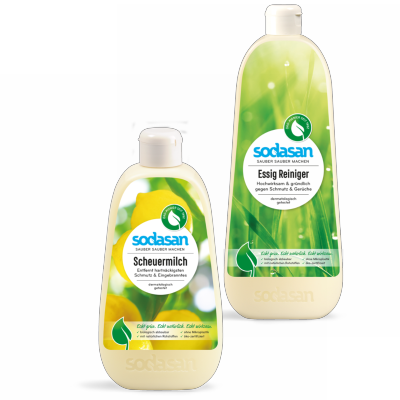
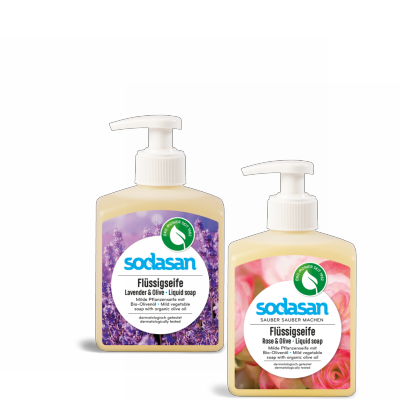
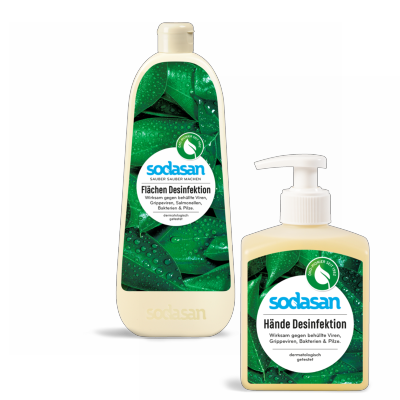
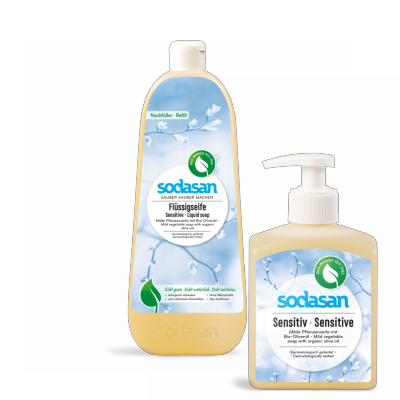
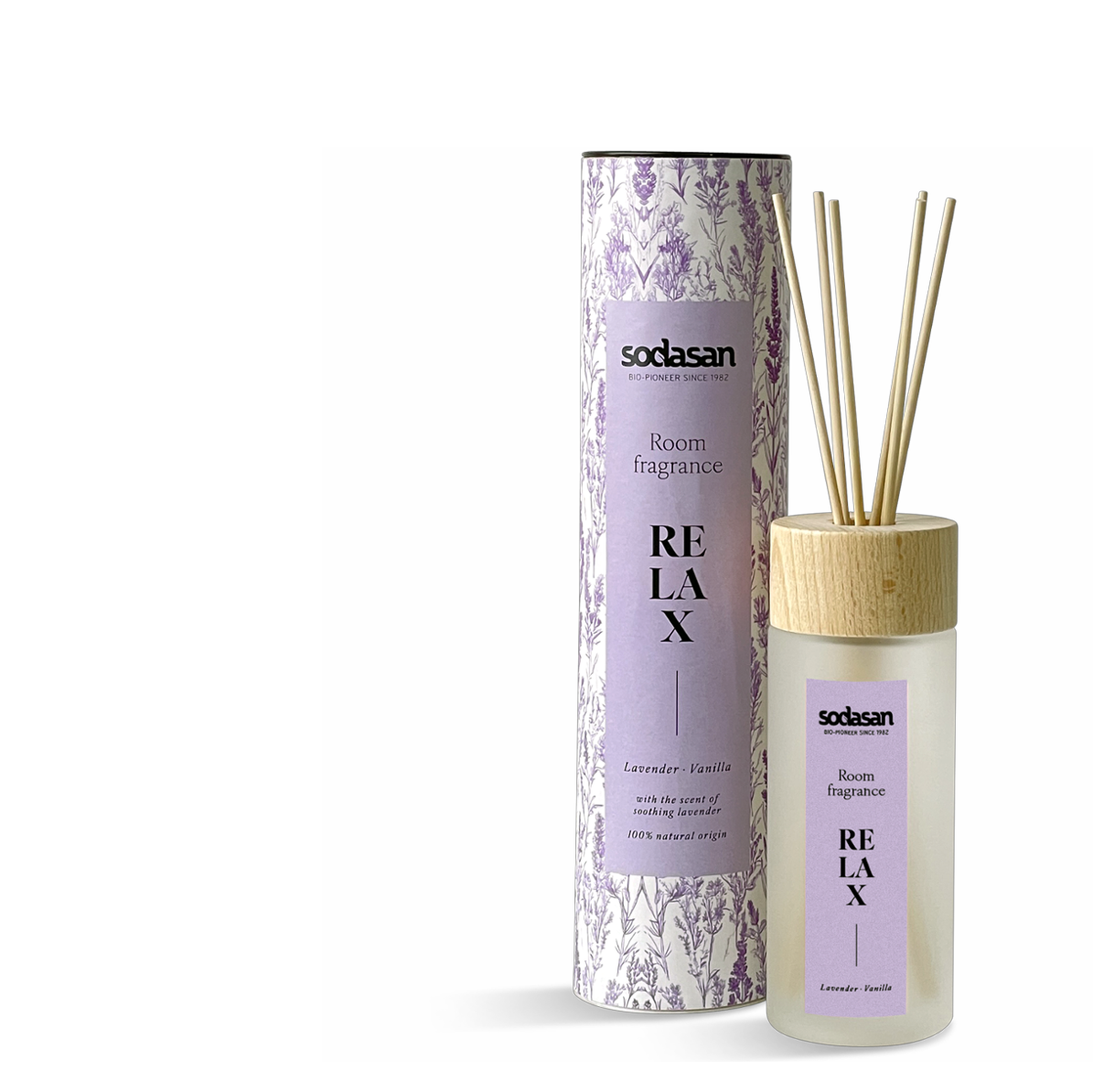
.webp?ts=1690357017)
